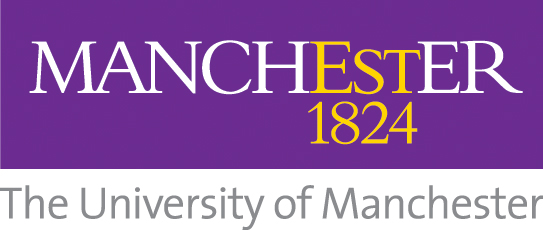Organised by the MHCUK partnership
Supported by the Wellcome Trust
Hosted by the College of Liberal Arts, Shanghai University,
and co-organized with the CSHHH Glasgow at the University of Strathclyde.
4/7 December 2024
Image - Healthy adult human brain viewed from the side, deep dream
Henrietta Howells, NatBrainLab
Wellcome Collection
On the one hand this is a time of rapid change in attitudes and approaches towards psychedelic and psychoactive substances. Cannabis industry conventions, psilocybin microdosing for performance enhancement, or MDMA treatments for mood disorders, are just three examples of activities and innovations that would have been unthinkable in most Western societies twenty-five years ago. Yet at the same time, the opioid crisis in the USA, regulatory resistance to cannabis medicines in the UK, and China's crackdown on its ketamine consumers, suggest that changes are unlikely always to be beneficial, uniform across time and place, or acceptable to many; the recent ruling by the US FDA against the approval of MDMA therapy for PTSD underlines this.
This workshop brings together those working in the humanities, social sciences and bioethics, together with those from related fields or organizations, to address emerging issues in the past, present and future of psychedelic and psychoactive substances. We aim to explore how multi-disciplinary insights and methods may bring fresh perspectives on past and present attitudes and approaches to psychedelic and psychoactive substances, and to map out directions in which these could develop over the twenty-first century.
Among the questions to be addressed;
- How do those working in the humanities, social sciences and bioethics approach issues related to structural social stigma in the use of psychedelic and psychoactive substances?
- Have changing bioethics around pain management driven changing regulatory and medical attitudes to these substances?
- Are regulatory institutions and agreements fit for purpose in a period of changing approaches to psychedelic and psychoactive substances in Western societies?
- Should societies and cultures beyond the West be following trends in increasing access to psychedelic and psychoactive substances?
- Can just and ethical futures for the consumption of psychedelic and psychoactive substances be based on past experiences?
The event will take place at the College of Liberal Arts, Shanghai University, between 4 and 7 December 2024. Among the intended outcomes of the workshop is a series of future events and/or a more formal network designed to regularly draw together those working on issues related to the histories, ethics and humanitarian challenges of changing approaches to psychoactive and psychedelic substances in contemporary societies.





